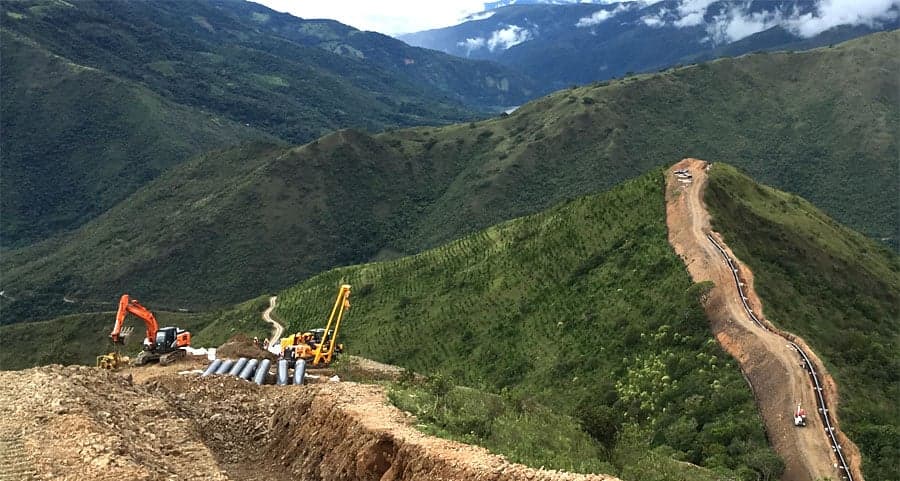"Shovels in ground soon" promises Federal Government - but when is soon?
Yesterday, Justin Trudeau approved a major expansion of the Trans Mountain Pipeline that would result in a surge of new oil tanker traffic through Pacific Northwest waters, telling reporters, “the company plans to have shovels in the ground this construction season.”
Approved for a second time, most proponents of the project are thrilled with its approval.
However, some are not so optimistic.
“If shovels hit the ground today, Canadian producers must still wait years for additional capacity, and with bills C-48 and C-69 appearing to be all but final, industry and investor sentiment suggests the writing is on the wall for Canadian oil and gas,” said The Canadian Association of Oilwell Drilling Contractors (CAODC) calling the federal government’s decision to finally green light the Trans Mountain expansion “trivial” as the industry is five years into the worst recession in its history.
The association went on to say that it does not foresee any additional pipelines proposed under the new legislation.
The Feds were much more optimistic. “We have been assured by the company that their plan is to start construction this summer,” Prime Minister Justin Trudeau said of Trans Mountain Tuesday, just after his cabinet re-approved the project. “There is still a number of immediate steps to do in terms of permitting, but the pipeline is to have shovels in the ground this summer.”
Ottawa also said that it would take the proceeds from the pipeline after its completion and invest them into clean technologies aimed at lowering greenhouse gas emissions. The expanded project would generate around $500 million in cash flows, according to some estimates.
Mark Scholz, president of the CAODC painting a more dismal picture.
"This industry is on life support. Today’s announcement does little to provide future certainty to drilling and service rig contractors as they continue to exit the Canadian market at an alarming rate".
The feds led by Trudeau maintain that the pipeline expansion will create jobs, open markets and generate new Indigenous economic prosperity.
Estimates for total construction costs vary. The Parliamentary Budget Office said the price tag will be about C$9.3 billion. Credit Suisse said Monday in a research note it’s expected to cost C$7.4 billion to build.

